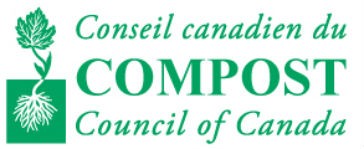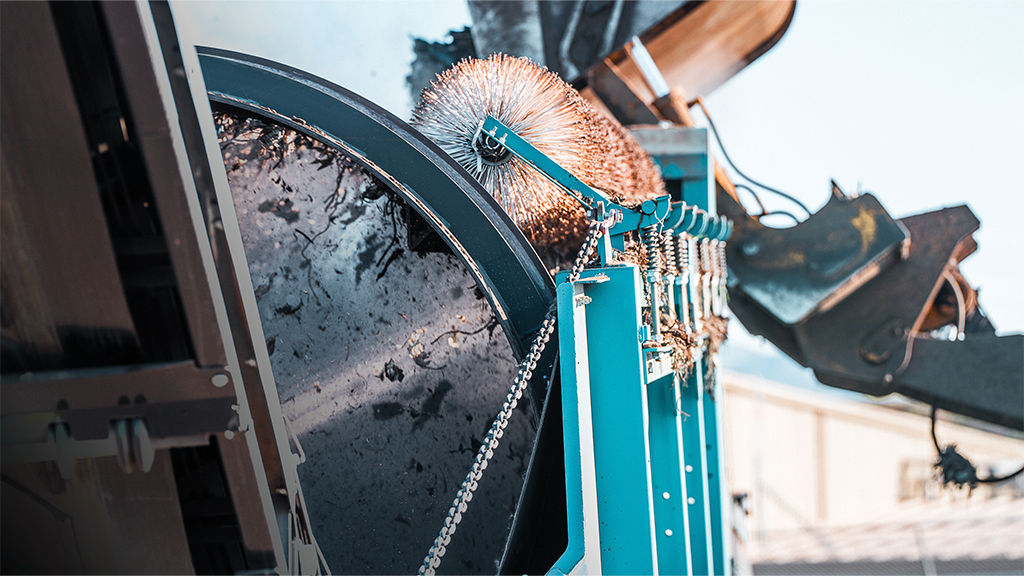Ontario government releases food and organic waste framework in time for ICAW 2018
Compost Council of Canada applaudes Ontario government progress on organics

May 6-12 is International Compost Awareness Week.
The Compost Council of Canada will be celebrating along with members and all those who compost in Canada and around the world, through the week. Visit www.compost.org. for more information on International Compost Awareness Week and other initiatives, projects, news and resources for the composting industry in Canada.
Recent news circulated by the Compost Council includes the following:
The Ontario Ministry of Environment and Climate Change has released the Food and Organic Waste Framework. For details on the actions and policies, please access the Framework on:
• The Environmental Registry (https://ero.ontario.ca/notice/...), and
• The Ministry of Environment and Climate Change website (https://www.ontario.ca/page/fo...)
The Framework consists of two complementary components:
• Food and Organic Waste Action Plan, which outlines strategic commitments to be taken by the province to address food and organic waste.
• Food and Organic Waste Policy Statement under the Resource Recovery and Circular Economy Act, 2016, which provides direction to the province, municipalities, producers, Industrial, Commercial and Institutional sector (e.g. retailers, manufacturers, hospitals, schools), the waste management sector and others to further the provincial interest in waste reduction and resource recovery as it relates to food and organic waste.
The Policy Statement was issued by the Minister of the Environment and Climate Change, pursuant to Section 11 of the Resource Recovery and Circular Economy Act, 2016, on April 30, 2018 and came into effect at that time.
Comments from Susan Antler at the Compost Council of Canada:
"Congratulations to Ontario and the staff at the Ontario Ministry of the Environment and Climate Change for their hard work and determination to focus on the importance of organics and efforts to reduce and reuse them as well as recycle any remaining residuals to improve the health of our soils, conserve water and mitigate climate change.
"This is what the work of our Council and our members is all about. We welcome this important focus and look forward to working with Ontario to deliver success."



